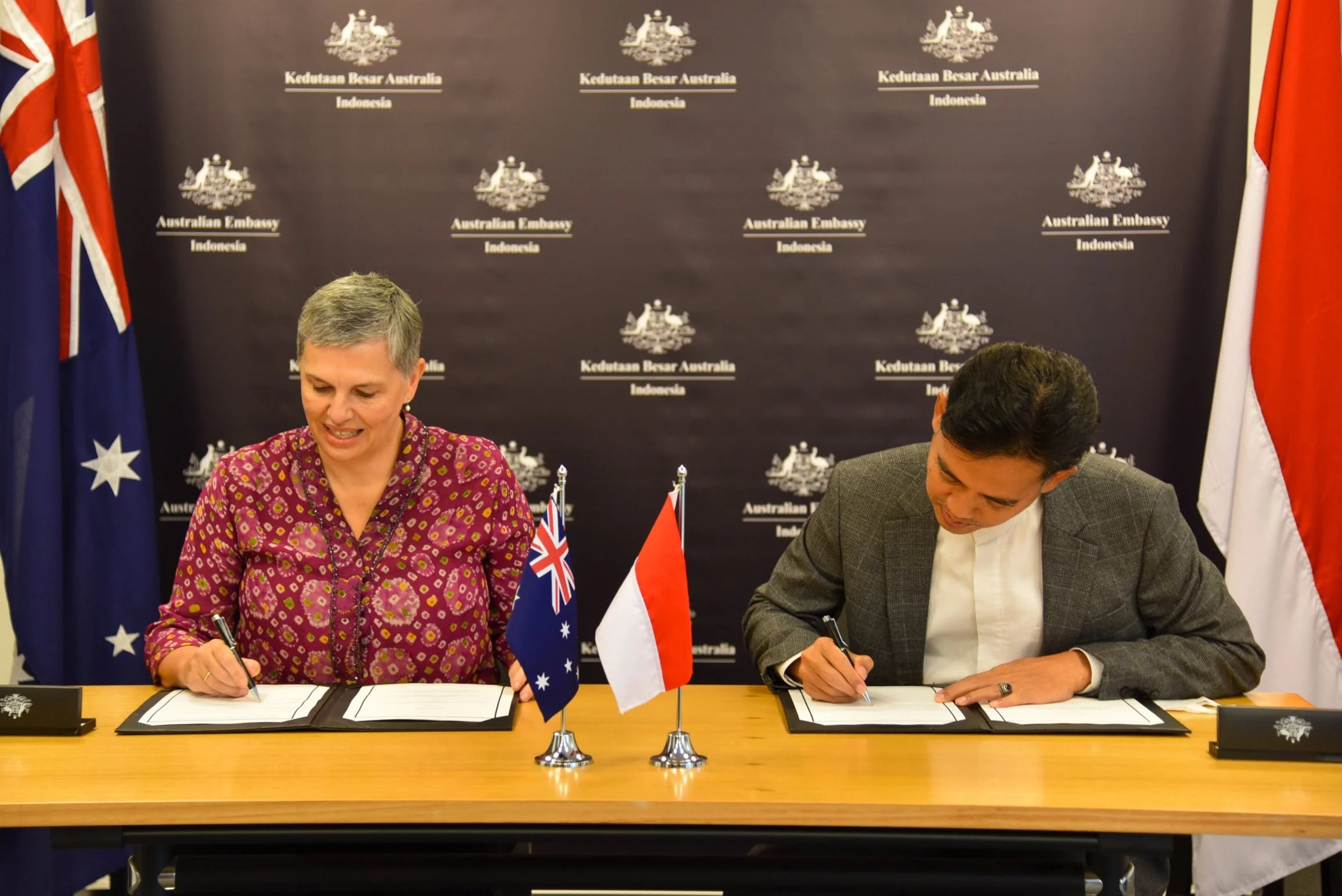Written by Anand P. Krishnan
Clearly, unemployment captures the anxieties and disillusionment of youth on both sides of the Himalayan Gap. By the same count, there are no easy solutions for either government to manage, if not completely resolve, this crisis.
Read More
















